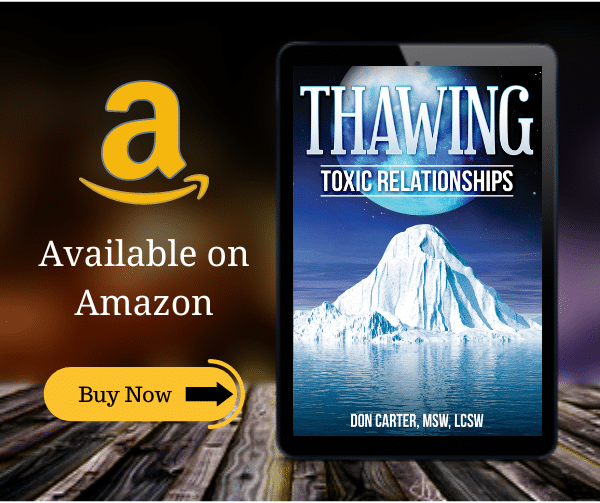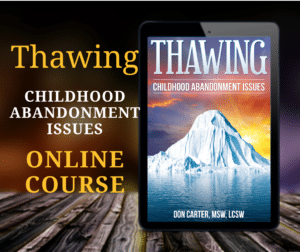
Intimacy Skills in Human Development
Intimacy skills are a by-product of the outcomes of previous human development stages. Healthy Intimacy is the result when developmental crises have been resolved in a positive way. This stage of development involves our ability to Love and Work with others. These abilities are directly affected through a consolidation of the outcomes of the previous child development stages — For Example:
Intimacy versus Isolation – Young Adulthood
- Stage Two sets the tone for how well we can maintain a separate sense of self. — Autonomy allows us Separate.
- Stage Three sets the tone for how well we can explore new things and initiate intimate interactions.
- Stage Four sets the tone for our ability to feel confident and competent in the relationship.
- Stage Five sets the tone for how well we can maintain our identity and balance in our lives.
What is Intimacy?
The term intimacy is often viewed through the very narrow focus of sexual activity. This is a mistake — first of all, because strangers can have sex and never be even remotely intimate in the true sense of the word. Secondly, healthy sexual intimacy is a reward of having built an authentically intimate relationship. Adding sexual intercourse to a relationship too soon can be like injecting it with poison — too many strings, expectations, and emotional baggage come with this decision.
If a relationship is not at a place where these issues can be worked through and talked out all sorts of problems result — if there are not enough intimacy skills available to either person the new relationship cannot survive these problems. True intimacy is free of games and free of exploitation. It occurs in those rare moments of human contact that arouse such feelings as desire, tenderness, empathy, vulnerability, affirmation, and affection. Intimacy combines genuine giving and receiving with the candidness of “game-free” communication. (more about intimacy)
Intimacy Skills – Isolation
Some level of isolation is the result when developmental crisis points have not been adequately addressed in the previous child development stages. Levels of isolation may be viewed on a continuum between an extreme avoidance of intimacy and relentless pursuit of enmeshment — also referred to as fusion by family therapists.
Here again, we see the themes of separateness and connectedness in relationships. Externalizers tend to have a strong conscious fear of being trapped while Internalizers tend to experience a strong fear of abandonment. A fear of being trapped or suffocated in a relationship provokes a need to create distance. There are many distancing maneuvers employed by the Externalizer’s Critical Parent & Angry/Defiant Child Ego States — here are a few:
- Frequent Fighting
- Emotional Absence (Numbing or Withdrawal)
- Physical Absence
- Work-a-holism
- Other Addictions
- Belittling a Partner
- Other Emotional or Physical Abuse
- Having Affairs
A fear of being abandoned in a relationship provokes a need to pursue or chase a partner. There are many methods of pursuit employed by the Internalizer’s Critical Parent & Vulnerable Child Ego States:
- Frequent Fighting
- Emotional Flooding (frequent crying, or rage, or both)
- Neediness or Being “Clingy”
- Frequent Phone Calls
- Caretaking and people-pleasing
- The constant need for reassurance that they are loved
- Lack of boundaries – fear of saying “No”
- Secretly “Stalking” a Partner
Intimacy Skills: Subconscious Game of Distance & Pursuit
Since the above relationship styles are polar opposites — or polarities — they tend to attract each other. In this case, there is a constant game of distance & pursuit, also known as “Cat & Mouse”… When the distancer’s conscious fear of being trapped gets triggered, he/she distance from their partner. The distancing behavior feels like abandonment which triggers the pursuer’s conscious fear of abandonment causing them to pursue… which triggers more distancing…which triggers more pursuit.
But when the pursuer gives up the pursuit and begins to pull back, it feels like distancing…which trigger’s a subconscious fear of abandonment in the distancer who then begins to pursue… Since the pursuer doesn’t know how to handle being pursued they turn around and attempt to enmesh…triggering the fear of being trapped in their partner…and a need to distance again. A frequent reason that pursuers choose distancers is that they have a subconscious fear of being trapped — since distancers don’t do intimacy the subconscious fear is neutralized. Pursuers are usually the Internalizer in the relationship…
Internalizers are driven by their Vulnerable Child ego state. They tend to repress their Angry/Defiant Child — the part that fears being trapped — which is why the fear of being trapped is subconscious. Likewise, distancers often choose pursuers because they have a subconscious fear of abandonment — Pursuer’s find it very difficult to leave a relationship which neutralizes the subconscious fear.
Distancers are usually the Externalizers in the relationship…
Being driven by their Angry/Defiant Child ego state, they tend to repress their Vulnerable Child causing the fear of abandonment to remain hidden — until the pursuer begins to distance. When the distancer’s fear of being trapped is removed because their partner begins to back away, there’s an abandonment reaction from their repressed Vulnerable Child causing them to pursue.
Confusing, isn’t it… Try living with these deficits in intimacy skills for a while and you will come to know why it’s called Love Addiction.







